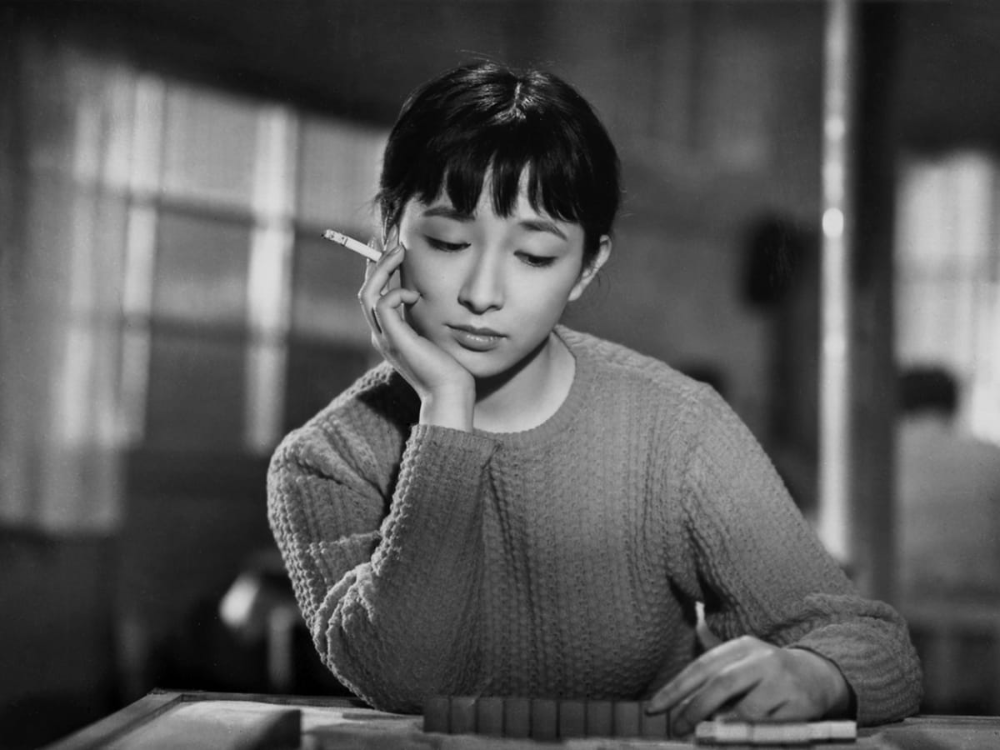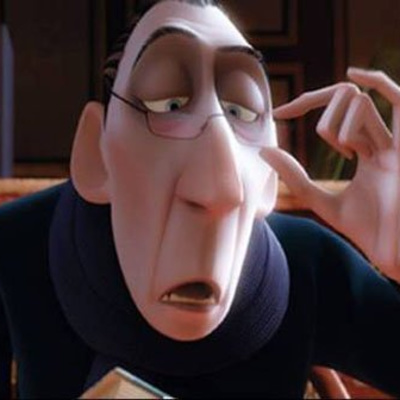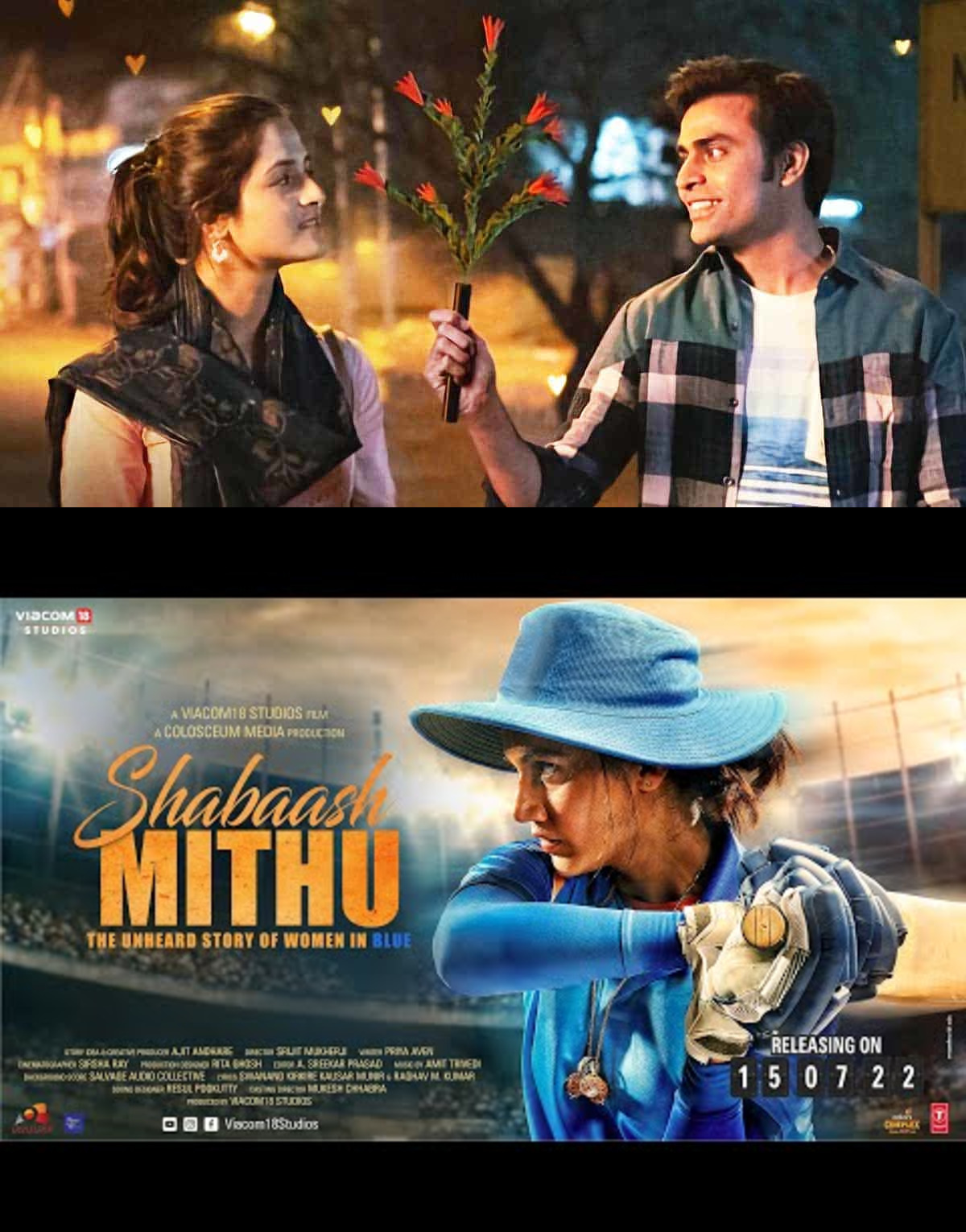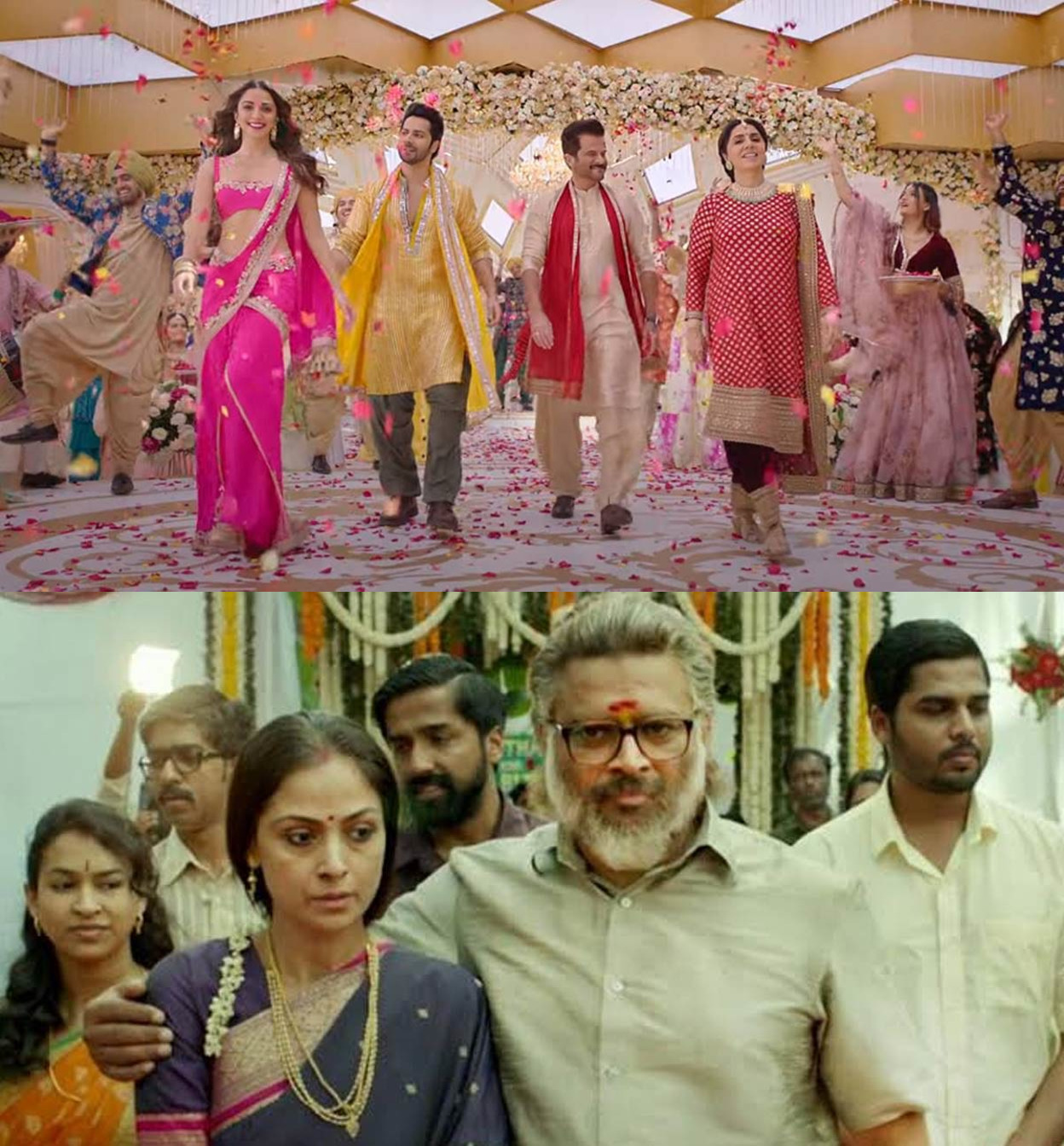By Priya Bhattacharji
“Everyone’s a critic” is one lazy observation.
What ‘Everyone’ does seem to have these days is ample online time, an opinion to offer, an urge to discuss, an experience to share. In such UGC-laden landscapes, the power of peer-recommendation appears to have dwarfed the esoteric aura of film criticism. Amidst the rumble-bumble, a new tribe of zealous critic-curators has formed – less obliged to the strictures of film criticism, more inclined to build an intimacy with cinema. A much-needed camaraderie has leavened conversations around film and entertainment, and brought the celebrity, the critic and the audience on a level playing field.
Film journalist-critic-entrepreneur-author, Anupama Chopra is arguably India’s most-loved cine enthusiast and evangelist, by both audiences and the industry. Known for her attentive processing of the Indian film and entertainment scene for nearly two decades, her understated intellectual acuity is hard to miss. In her writings and speakings, there is an exuberance for cinema and culture that is hard to ignore. As founder and editor at Film Companion and Festival Director of MAMI, Anupama has beautifully transformed the culture of film analysis and film-viewing in recent years. She has played a pivotal role in breeding alternatives cine-spaces for Indians to interact with the well-chosen in film and entertainment. In spite of MAMI 2018 being right around the corner, the ace-interviewer takes out time to entertain a flurry of questions about her varied work experiences.
Everyone appears to curate, reviewing, recommending on social media these days. What is it that Film Companion does differently?
AC: The practice that Film Companion has followed is to create engaging and informative conversations around film and entertainment. We started out with film, which is why it was called Film Companion. But since then, we’ve branched out into many, many other things – we are writing about comedy, film-books, OTT platforms, web shows. We are really everywhere. I think what we won’t do is gossip, we keep away from clickbait journalism. We are not a news aggregator. All of our content is created – It is not borrowed from other places. We are creating original content for fans of cinema and pop culture.
As a founding editor, my vision was really to create a Pan India platform for cinema lovers. Cinema is such a major part of our lives for us Indians. The idea is to mix it up – you can have the high-end and the lowly, you can have all kinds of movies and shows. We are just as happy to talk about the big studio blockbusters as we are to talk about Rima Das’s ‘Village Rockstars’. We want to be all things to all people but with a very sharp and inclusive level of curation.
How do you feel film criticism fares these days?
In the U.S, for almost 5-7 years, there have been talks of film criticism in the throes, the ‘death of film criticism’ so to speak and yet you have such incredible pieces online. So I don’t think we are anywhere close to the death of film criticism. In India, it isn’t as evolved as an art as it is in the U.S. In fact, even I am reluctant to call myself a film critic. I think of myself more as a film reviewer who is tasting the wares, like a food taster before they go out for everyone else.
What makes film-reviewing relevant in India? There has always been a disconnect between what film-critics/reviewers approve and what audiences like. Some leading names in the business boast of being critic-proof.
I don’t agree that leading names are critic-proof. Apart from Salman Khan, perhaps. Look, the point is we are not here to make or break movies. We are here to report to you what our experience of a film is.
Whether it runs or doesn’t run is really not our concern. Kenneth Turan, who is a film critic at the Los Angeles Times, said it perfectly – We are not applause-meters. He really disliked Titanic and James Cameron actually wanted him fired cause he felt Turan was so out touch with popular tastes. It does not matter whether audiences loved the movies or audiences agreed with us. Of course, it is wonderful when critics and audiences agree. But it is not our priority to agree. Having said that, I don’t think of myself as not the audience. I am the audience, too. I don’t think of myself as somebody removed. I go into a movie with the same expectations and the same excitement that anybody else does.
Does this field of work require a formal education?
For me, my degree, a Masters in Journalism from Medill School of Journalism at North Western University (US), was critical. It was the foundation of everything I am today – it taught me how to work, the importance of facts, ethics. I cannot over-emphasize a formal education. Film criticism doesn’t have a formal course in India but at the MAMI we do have a workshop for young Film Critics. I’ve also attended the Film Appreciation course at FTII, Pune. For a month all that I did was watch movies, talk movies. That was a great, great learning experience.
Is film reviewer/critic a serious career option today?
Honestly, I don’t know. I don’t know if you’d make enough money only as a film critic. Which is why all of us are doing other things – we are film journalists and also film critics. I’m not sure if you can sustain a lifestyle of any sorts, especially in a city like Mumbai, if you are purely a film critic.
You have a very young team at FC. How is to work with millennials?
We do have a young team at FC and I really love that. Everyone is about 20-35 and then there is me, the Geriatric. These are really hard-working, serious people who I love working with. What I have learned working with them is really to un-learn: to un-learn the formality of what I do, especially in front of the camera. Television has a certain formality that just creeps in. Being on digital mediums is very different. Even now, when I look at someone like Sucharita (Tyagi), who does video reviews for us, she has a very different style of reviewing and that’s wonderful. Every day I have something to learn from the people I work with – be it from Rahul Desai, or Mohini Chaudhuri, who heads editorial at FC. All of these people teach me every single day.
How would you recall the early days of your career?
The early days were kind of chaotic because the film industry was the Wild West. This is when I worked for Movie Magazine in the late 80s. I left to go to America to pursue my Masters. I graduated in 1991 and started work again in 1992-1993.
At India Today, I literally had to create that space as they didn’t really cover films. My immediate boss, Madhu Jain, covered art and literature and once in a while, movies. Back then, movies were not a beat. Nobody cared for them. When Arun Poorie interviewed me, he looked incredulously. He asked, ‘You came back from America to write for Bollywood?’ and I went ‘Yup, that is exactly right’. It was fun. It was new ground, back then.
What principles, work ethics have you stuck to?
It has remained the same throughout. You need to bring a rigour to what you do. You need to work really hard. You need to do research – no matter who you are talking to, no matter how many times you’ve spoken to them. You need to get your facts right. I started my work-life as a fact checker for Harper’s Bazar in New York. That, in addition to the North Western education, instilled in me a real respect for facts. No matter how post-truth the world gets – facts are facts, so get that right. You can’t get spellings wrong, you can’t get names, places and peoples wrong.
Speaking of ethics, Film Companion refrained from the reviews of Sanju and Sacred Games due to a conflict of interest. Both have gone ahead and been declared super-hits. Is it alright to ask for your opinions on them now?
No, I will not give my personal opinion on Sanju Or Sacred Games. I mean it is just odd! It’s my family. Raju Hirani is my family. My family stands to gain directly, monetarily and otherwise, from how Sanju did. So I really should keep my opinion to myself. Same goes for Sacred Games. It was my brother’s book but not our production. There is a lesser conflict of interest but why go there? It is a murky world. As it is I am a Trishanku, caught between the two worlds. Why make it more problematic?
What is it like to be this ‘trishanku’, you know the ‘insider-outsider’ stand? Does it make you very conscious of what you ask? Are you afraid of pricking egos, rubbing people the wrong way?
I’m not really conscious. I am who I am. I just remain myself. Perhaps, I’m sensitive to how much a bad review hurts because I know how hard it is to make a film. I have seen my husband do it. Am I conscious of pricking egos? No, not really. I’m not asking gossipy questions. I think I do okay in that sense.
Have you ever been star-struck?
Yes, when I interviewed Martin Scorsese at the Marrakesh Film Festival. I was dazzled and unsure of what say. I’ll also admit to being really nervous when I had to do a Masterclass with Brad Pitt for the Mumbai Film festival. I could literally feel my heart beating and I thought everyone in the room could hear it too. But he was so cool and laid back – so much fun.
A significant part of digital media thrives on rants and call-outs. You choose to stoke conversations.
I want to have those conversations. I don’t think noise is always helpful. I don’t think that’s what we need right now. It is always helpful to ask the other person what they meant and try and get a point of view. That’s why I stoke conversations and that’s always helpful.
Running a popular digital platform and managing MAMI’s year-around plans – Life must be really hectic. How many hours to do you work?
I work too many hours. I do not have the ability to switch off. I wake up at 6 and am at work by 6.30. I’m on emails, or I am writing reviews or columns. I usually prefer to write in the morning because that’s when I have the most clarity. I switch off for an hour when I am at the gym. Other than that, no. I understand it is unhealthy and I’ll probably be ill soon. But I’ve worked like this pretty much for the past five years. I wouldn’t recommend it to anyone. You need some ability to walk away but I think I’m now addicted to work. I have started to leave my phone in another room when I go to bed. It is a nice way to get ten minutes of quiet downtime before I sleep. Other than that, I don’t have the ability to switch off. I’m switched on 24:7 and I’m probably going to burn out very soon. Otherwise, my idea of downtime is to go to the mountains and just sit and look at the mountains.
As festival director of MAMI, what have you learned about today’s audience?
MAMI has always had an amazing audience. I remember the first year we had Xavier Dolan’s film, Mommy, they were breaking the doors down. We had Dheepan by Jacques Audiard play a year or two later – we had a riot on our hands. Everyone who says there isn’t an audience for this kind of cinema – there is. The kind of commitment is unbelievable. There is someone who I know personally who missed booking the screening of Darren Aronofsky’s Mother so he had to be in line to get tickets. He was at the theatre at 7 AM. The theatre management went: ‘We can’t let you in. Even the security guards aren’t here.’ That’s passion. That’s commitment and that’s exhilarating. There is an audience for all kinds of cinema – that’s what I have learned as the festival director of MAMI.
That’s what you see at these festivals. Believe me, as I have learned in the past five years, a film festival is a brutal and thankless job. There is nobody who will turn around and say, “You know what? You didn’t need to do this but thank you for doing it.” You just keep doing it in the hope that it will leave an impact on the ecosystem.
[Disclaimer: The curator of this website is a regular contributor to Film Companion]









Leave A Comment
You must be logged in to post a comment.